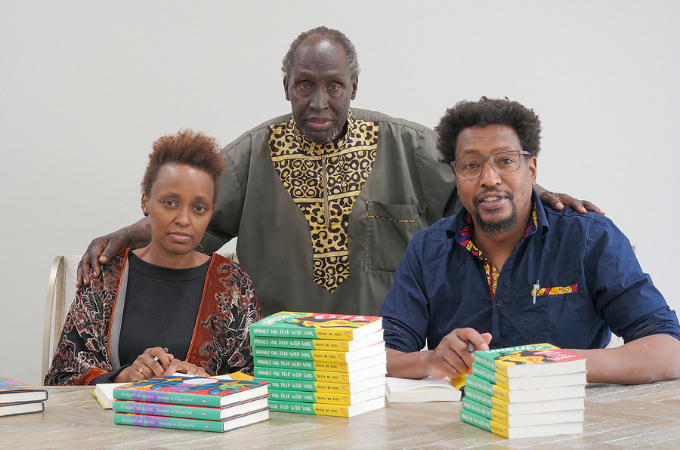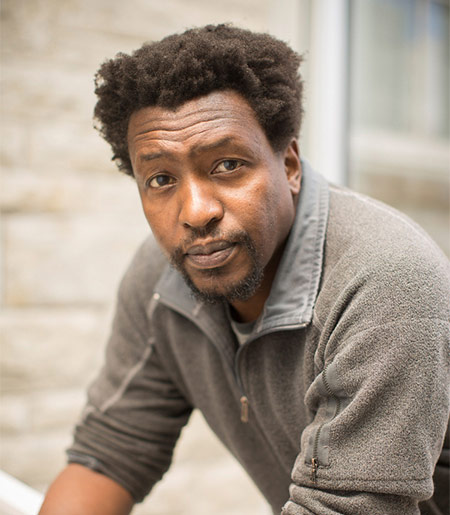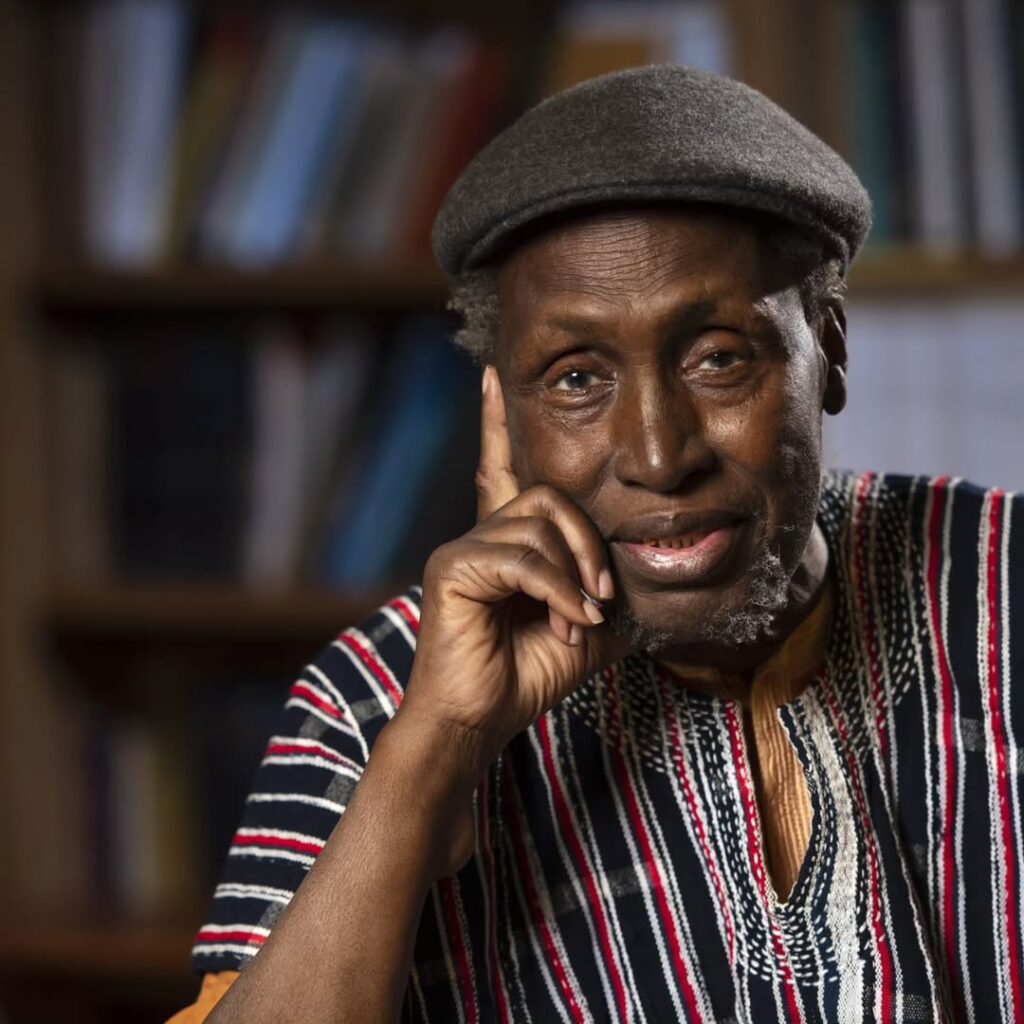When literary legend Ngũgĩ wa Thiong’o passed away on May 28, 2025, tributes poured in from around the world. Writers, scholars, and fans celebrated the monumental impact he had on African literature, language, and resistance against colonial structures. But amidst the global outpouring of admiration, a quieter and more painful story unfolded within his own family one told by his son, Professor Mũkoma wa Ngũgĩ.

In a heartfelt interview with NTV, Mũkoma shared that he learned of his father’s final moments not from close family coordination or medical updates, but from a call by one of his siblings. “I would have found out through social media if my brother hadn’t called to say things were getting bad,” he admitted.

The father and son had been estranged for years, a rift that deepened in 2024 when Mũkoma went public with allegations that his father had physically abused his mother, Nyambura wa Ngũgĩ. That public confrontation marked a turning point in their relationship, one from which they never recovered. As the professor explained, they remained out of contact up until Ngũgĩ’s death.
What shocked Mũkoma even more was discovering, after the fact that his father had already been cremated. The decision, he said, triggered significant tension within the family.
“I didn’t even know he had been cremated until after it had happened,” he revealed. “It started a whole family feud.”

Despite the silence and unresolved conflict between them, Mũkoma remained unapologetic about speaking out in the past.
“My conscience is clear,” he said. “I told my truth. That’s how I was raised to tell the truth. So I can’t pretend we ended things on good terms. We didn’t.”
Still, the pain of their estrangement lingered. Mũkoma acknowledged that he regrets not reconnecting with his father before it was too late.
“All I can say is I love him. He’s my father. I’m sorry we didn’t talk during those final years.”
This complex and emotional account contrasts sharply with the public reverence surrounding Ngũgĩ’s legacy. It reminds us that even the most iconic figures have deeply personal, and sometimes painful, stories that unfold away from the public eye.
While Ngũgĩ’s literary and political contributions remain monumental, his family’s revelations shed light on the humanity behind the icon, a man with flaws, a legacy of love and conflict, and a son who still holds space for both truth and love.

Leave a Reply